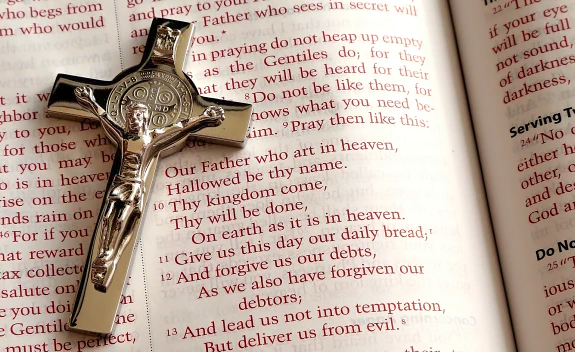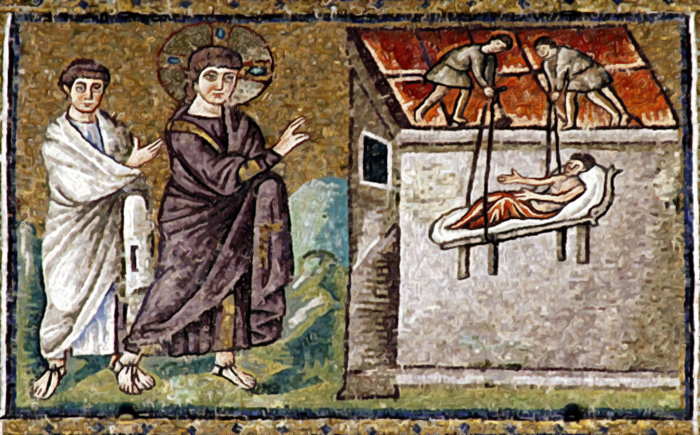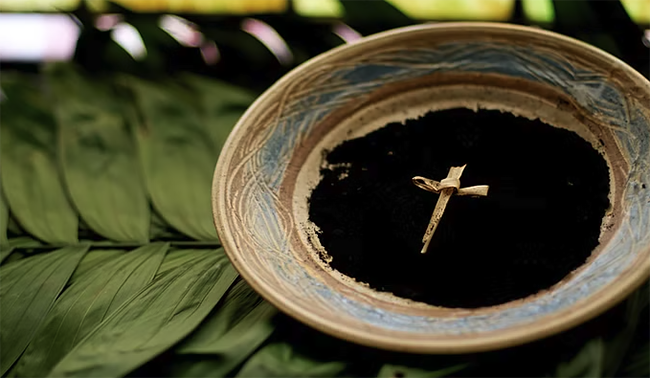
There are several places in the gospels where Jesus assures us that if we ask for something in his name, we are guaranteed to receive it. Jerome Murphy-O’Connor, a renowned scripture scholar, suggests that when we pray “through Christ,” we pray through the resurrected Christ in heaven and the “body of Christ” on earth, ourselves. We need to be involved in helping answer our own prayers. Karl Rahner writes that asking in Jesus’ name means entering into him, living by him, and being one with him in love and faith. If he is in us by faith, in love, in grace, in his Spirit, then our petition arises from the center of our being, which is himself, and if all our petition and desire is gathered up and fused in him and his Spirit, then the Father hears us. To pray in Jesus’ name is to have one’s prayer answered, to receive God and God’s blessing, and then, even amid tears, even in pain, even in poverty, even when it seems that one has still not been heard, the heart rests in God, and that while we are still here on pilgrimage, far from the Lord-is perfect joy.









